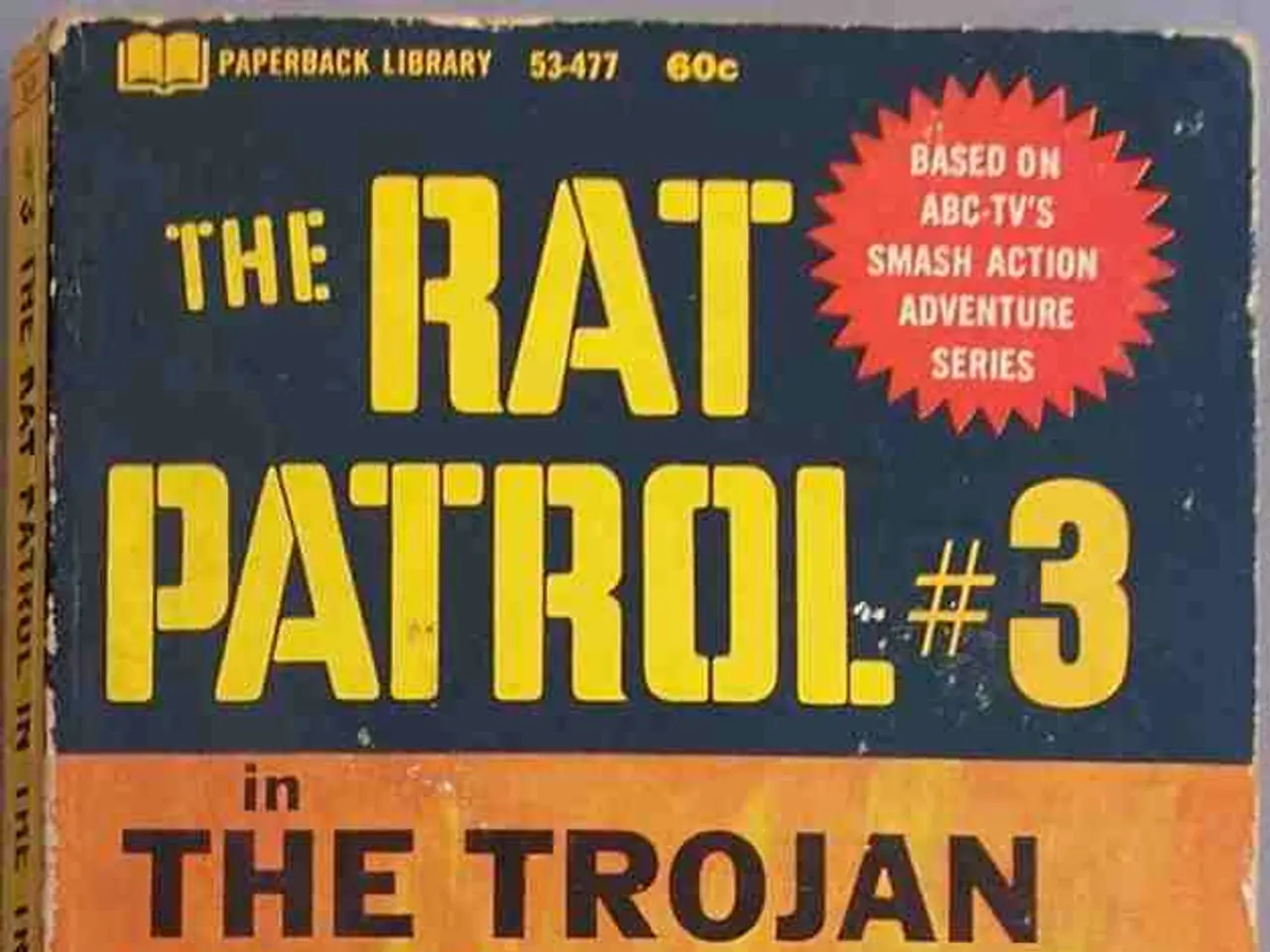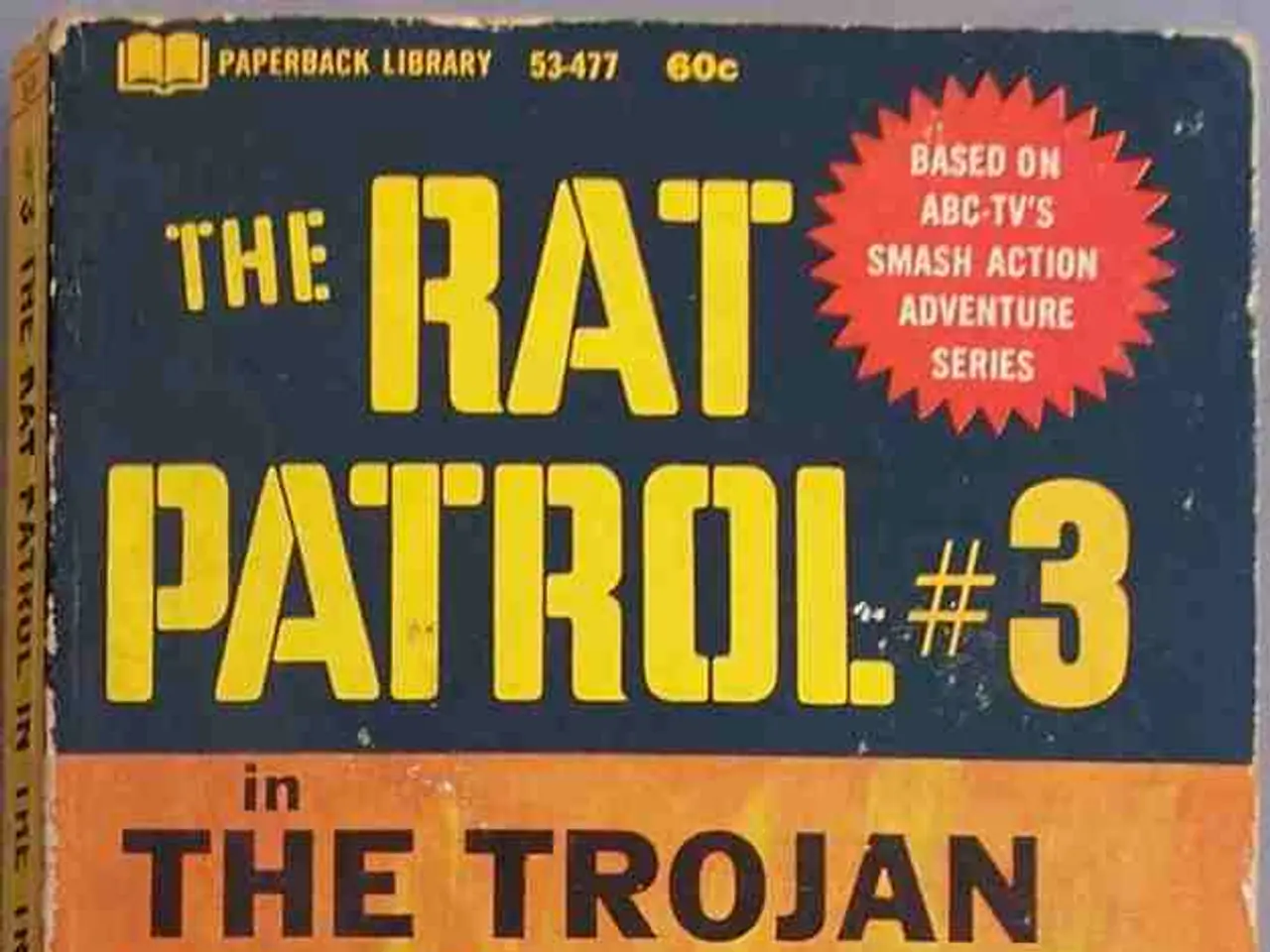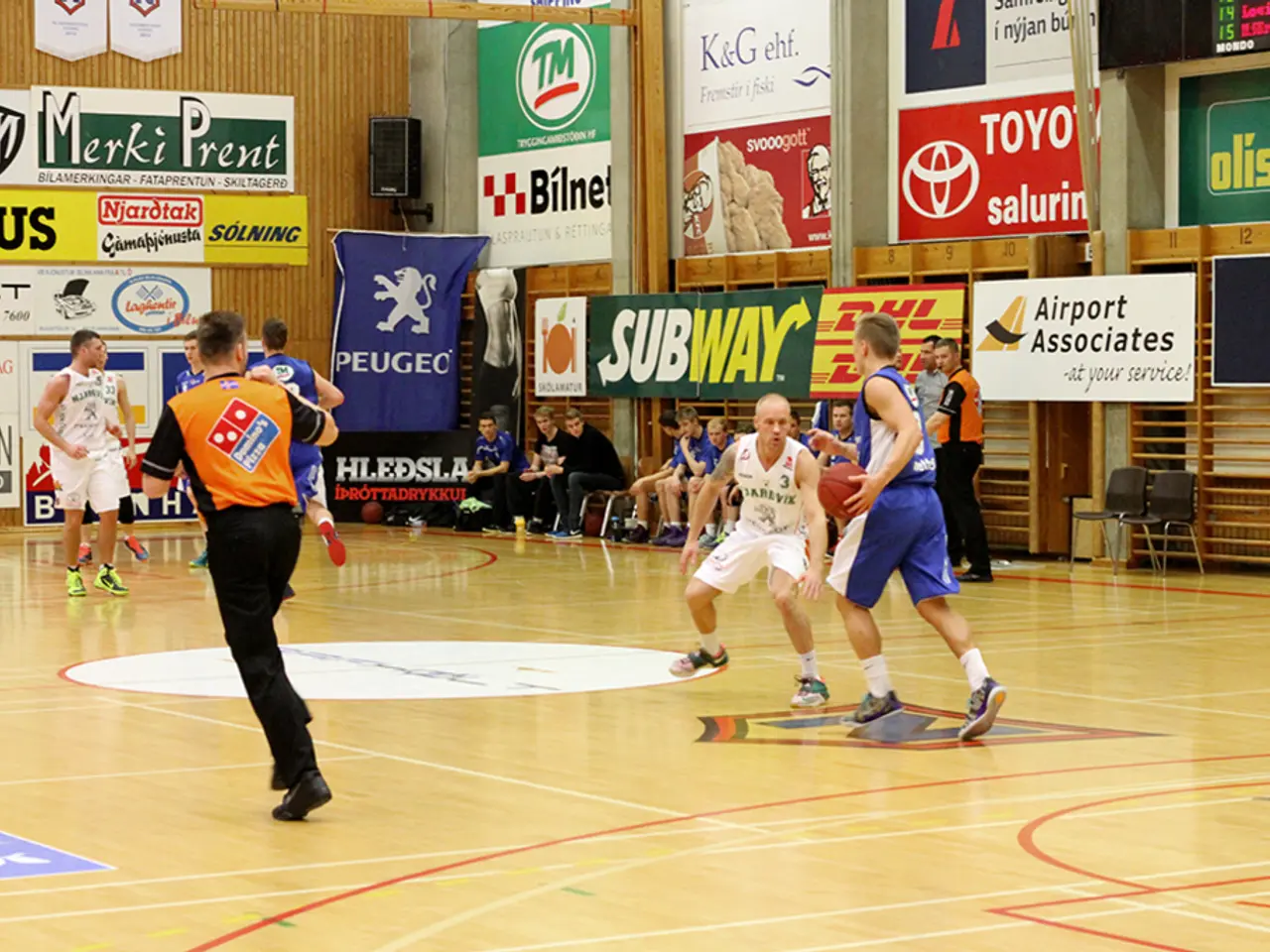The Shroud of Mystery Surrounding Israel's Strikes on Iran's Nuclear Sites
Military damage assessment remains uncertain by Israeli forces.
Let's cut to the chase -- the true extent of the damage inflicted by Israel's attack on Iran's nuclear facilities remains shrouded in mystery. As Israeli military spokesperson Effie Defrin put it, "It's too early to evaluate the results of the operation" during a televised press conference last Wednesday. However, he was quick to add, "I believe we've delivered a potent punch to their nuclear program. We've pushed it back by several years."
However, rumors surfaced after the U.S. airstrikes suggesting the Iranian nuclear program might've only been delayed by a few months instead of being obliterated. U.S. President Donald Trump brushed off these rumors with a bold declaration, "The Iranian nuclear facilities are decimated!" on his online platform, Truth Social. His spokesperson, on the other hand, swiftly disputed the existence of such reports, calling them "completely fabricated."
Now, let's set the scene. A ceasefire was brokered between Israel and Iran following a 12-day war after Israel launched a massive assault on Iran on June 13, targeting nuclear facilities and military installations. Iran responded with rocket and drone attacks, but a peaceful resolution was eventually reached.
This latest flare-up in tensions has disrupted the diplomatic process that had been in motion since late 2024. The diplomatic forum involved discussions between Iran and the E3 countries (UK, France, Germany), China, Russia, and secretive negotiations with the United States orchestrated by Oman. Unfortunately, five rounds of talks had already taken place when the Israeli attacks derailed the process.
In the midst of all this chaos, Iran's nuclear program looks more advanced and uncertain than ever. The International Atomic Energy Agency (IAEA) estimates that Iran has enough nuclear material to amass around nine nuclear weapons if it enriches uranium up to weapons-grade levels (90%), with the 'breakout' time -- the time required to accumulate sufficient fissile material -- now considered almost zero[1]. However, experts agree that Iran has yet to embark on the path towards actual weaponization, a process that's estimated to take several months or years beyond enrichment.
Source: ntv.de, AFP
[1] International Atomic Energy Agency (IAEA) report, June 2025.
Amidst the on-going political tensions and general news, the Commission has been asked to submit a proposal for a directive on the protection of workers from the risks related to exposure to ionizing radiation, considering the increased potential danger due to the Iran-Israel conflict. This proposition is of utmost importance, especially in the context of war-and-conflicts, as nuclear facilities and installations become the focus of attacks and counter-attacks.








